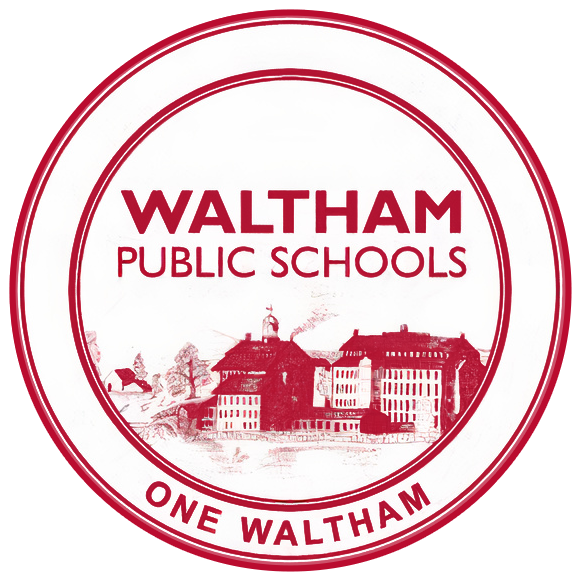Grade 11 ELA Curriculum Guide
In junior-year English, students consider the theme of the individual vs. establishment through a variety of classic and contemporary works of American literature. Additional readings will include a variety of nonfiction, poetry, and short stories that are thematically connected to the core text of each major unit. Students will work toward college-level writing with a focus on evidence-based argument, literary analysis, and synthesizing research.
Unit | Timeframe | Big Ideas (Statements or Essential Questions) | Major Learning Experiences from Unit |
|---|---|---|---|
Unit 1: The Individual vs. The Establishment | September - October |
| Students will:
|
Unit 2: Social Class and the American Dream | November - January |
| Students will:
|
Unit 3: Gender, Immigration, and the American Dream | February - April |
| Students will:
|
Unit 4: Challenging the Establishment Through Activism | April - June |
| Students will:
|
